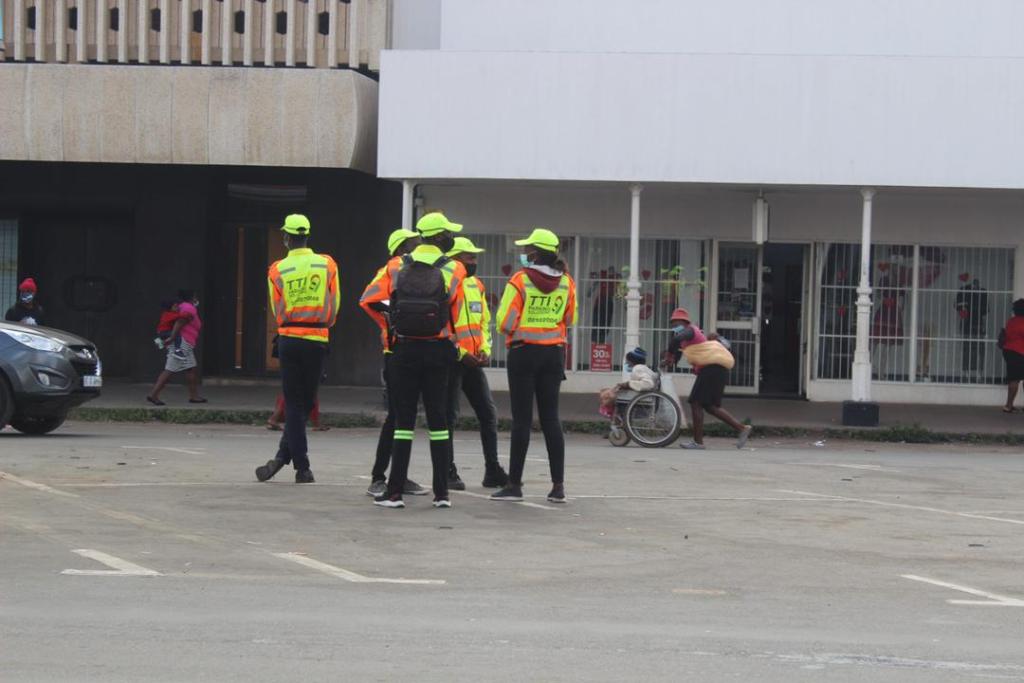Bulawayo councillors say there is a need to develop more revenue streams to fund road rehabilitation as money collected from parking fees and the Zimbabwe National Road Authority (ZINARA) is not enough to cover all expenses.
The local authority in partnership with Tendy Three Investments (TTI) is collecting parking fees from motorists in the city centre.
The money will be ringfenced and used for road rehabilitation.
Council also gets funding from ZINARA for improving its road network.
Discussing the matter at this month’s full council meeting, councillors said more funds need to be sourced to attend to the city roads which are in a deplorable state.
“Those that are in the road repair, the engineers, their calculations tell you that for you to re-do a road, a kilometre of a road, in terms of costs, it costs somewhere around $300 000 to do a kilometre, so if you go to where the department is doing just after Renkini, Luveve road, I don’t know how many metres is that or kilometres and if even further up the road. As much as we are collecting from TTI there is not much that we can do using that revenue only,” said Ward 4 councillor Silas Chigora.
“TTI is not going to solve all our problems in terms of road repairs”.
He said the local authority should source funds elsewhere.
“I think as a council we must look somewhere else to get some more funds, where are the Zimbabwe National Road Administration (ZINARA) funds, how much is coming, I think we should be clearer there, either as finance and also as engineering as to how much we have received and how much we have used,” said Chigora.
He added, “Sometime in January we were surprised that ZINARA is saying that there are funds that were left hanging for the past year, funds that were never used. I think let’s produce that report so that councillors are updated on whether that is true or not and if it is true why and we must be able to ask and say why was that money not used, who is not doing what because if we got money and we never used it, for me it’s something else.”
Chigora said the local authority should have a detailed report highlighting how they have used ZINARA funds.
“But is it true that we remained with change, that is what ZINARA is saying, I think even the devolution minister said we were not using money, so let us have a clear report that responds to that, to say how much did we get, how much did we use, was there any change, if there was change then as a council we need to say why did we not use that money.”
Chigora said the revenue from TTI only manages to repair roads in the Central Business District (CBD) only.
“I am just trying to inform you how much we have to attend to road repair including its costs and look for alternative funding for the road network, TTI I think will only do town and I think we have seen what the engineering is doing in town, but will it cover ward 4 where I come from, will it cover ward 27 where the chairman is coming from, or ward 6 where the finance chair is coming from, US$200 000 against 300 for a kilometre is a drop in the ocean,” he said.
In addition, the deputy mayor, Mlandu Ncube said the revenue from TTI is used to fix roads in the city centre.
“That money must be spent to manage parking spaces meaning to say the CBD where there is parking taking place, so far as the department we have tried to finance the engineering department and you will agree with me that there have been some improvements when it comes to patching potholes in the CBD and some marking bays,” he said.
Ncube said the department has, however, noted the material being used in road markings is not durable and has engaged TTI to improve the quality.
“Council should come up with more revenue streams that will generate more revenue for road maintenance as we know that we cannot control ZINARA funds, so we must come up with more projects that will fund the road rehabilitation,” he said.

